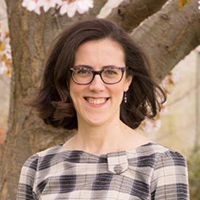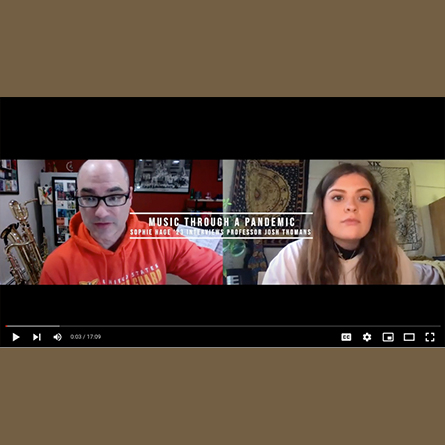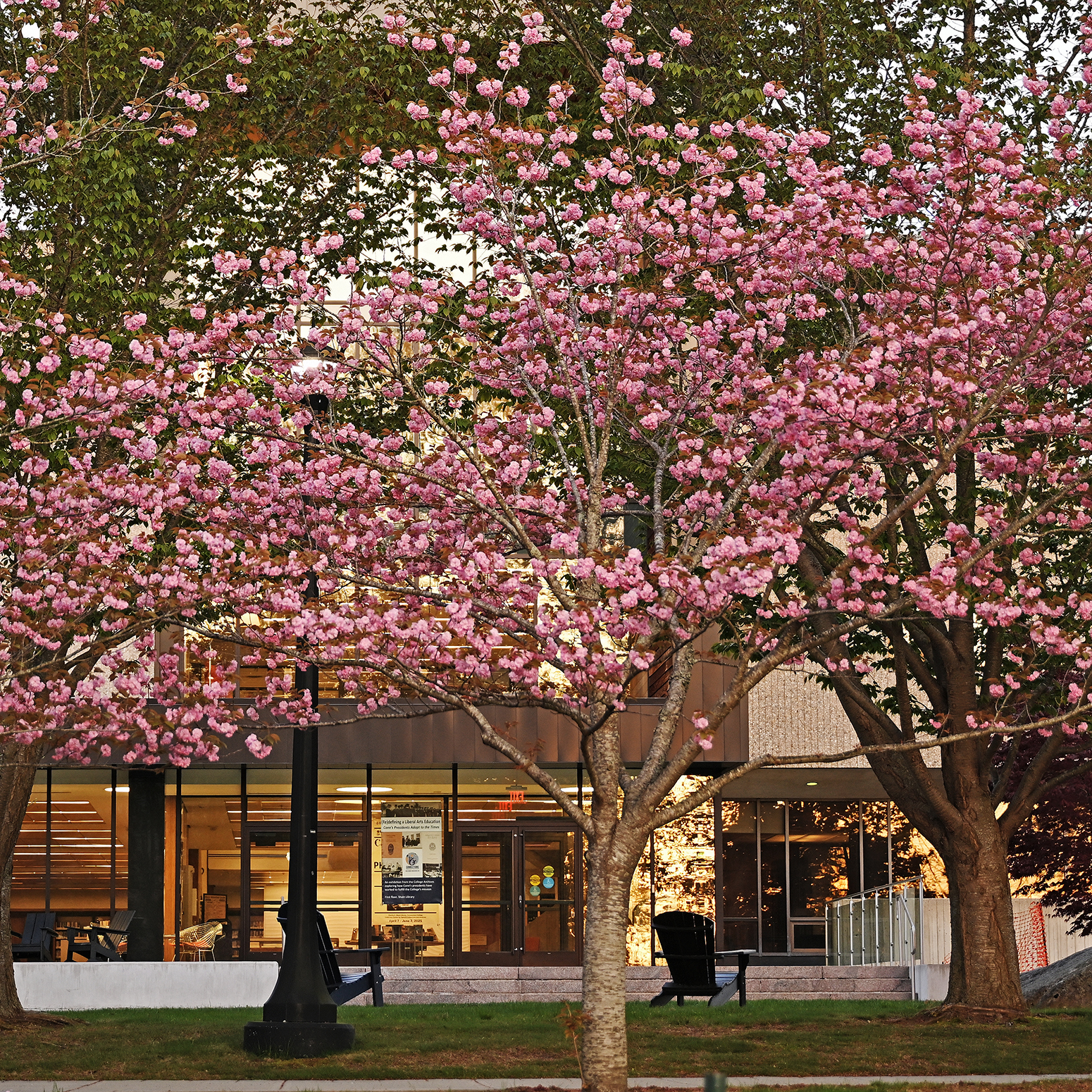
Sophie Hage ’23 explores the impact of the COVID-19 pandemic on musicians
When the COVID-19 pandemic hit, people stayed home, concert halls went silent and life was significantly altered for so many. To explore the impact on musicians, Sophie Hage ’23 interviewed three of Conn’s music professors.
“Music—and performing in particular—is so important to musicians. With COVID, it became impossible to perform in front of a live audience, and it is still to this day not nearly the same as it was before March of 2020,” said Hage, a music and psychology double major from just outside of Albany, New York.
Hage, a student worker in Conn's Music Department, interviewed Adjunct Assistant Professor of Music Joshua Thomas, a concert saxophonist and member of the United States Coast Guard Band since 2000; Adjunct Assistant Professor of Music Megan Sesma, a harpist who is currently the first enlisted principal harpist with the United States Coast Guard Band; and John Anthony, an organist who recently retired after a 50-year career as a professor of music and college organist at Conn.
A musician herself, Hage said she was surprised by how differently each musician was affected by the pandemic.
“Depending on what instruments they play, what kind of ensemble they perform with, and what specifically they do musically, I found that everyone had their own very individual thoughts, feelings and experiences to bring to the table,” she said. “While COVID [impacted] everyone, the nuances to everyone’s stories are notable and are important.”
One common theme did emerge: the importance of live performance.
“I had never realized just how much music was able to bring people together until it was suddenly no longer able to be shared in person,” Hage said.
“The atmosphere created by live performance is so special and, whether as an audience member or performer, you can feel the positive energy. Once things are hopefully back to normal and concerts can be the same as they once were, I am going to have an even greater appreciation for participating in, or going to, concerts.”

